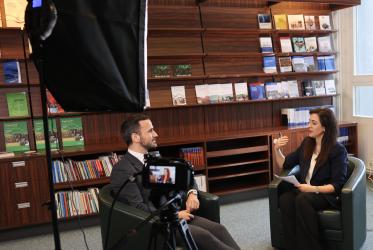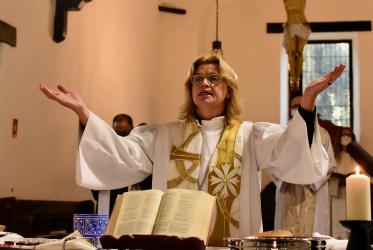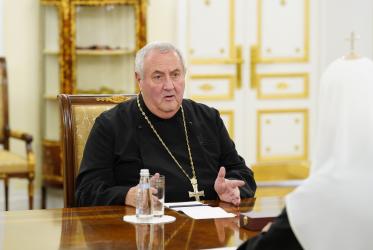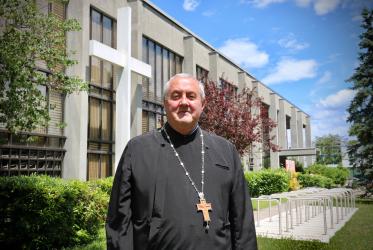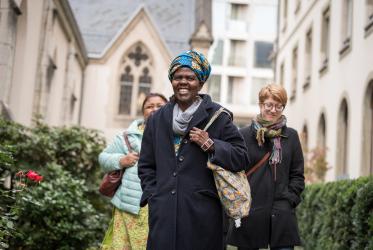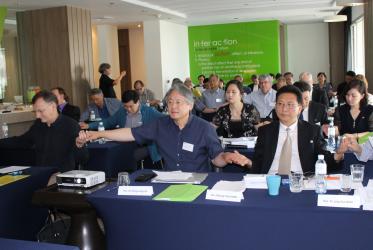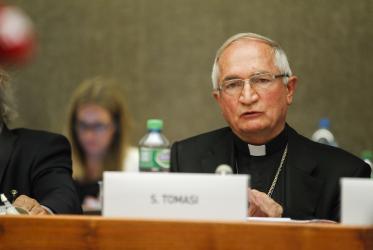Dr Agnes Abuom, moderator of the World Council of Churches (WCC) central committee, was asked about the WCC executive committee meeting held on 17-23 May 2021. The WCC executive committee set a tone of hope for the future while, at the same time, addressing multiple global crises with statements, pastoral messages, and calls for prayer.
The transition to online programming and prayers during COVID-19 has challenged the WCC, and the rest of the world, Abuom found, and said is a “heavy burden” on all in the ecumenical family as the WCC prepares for its 11th Assembly in Karlsruhe, Germany next year.
27 May 2021




